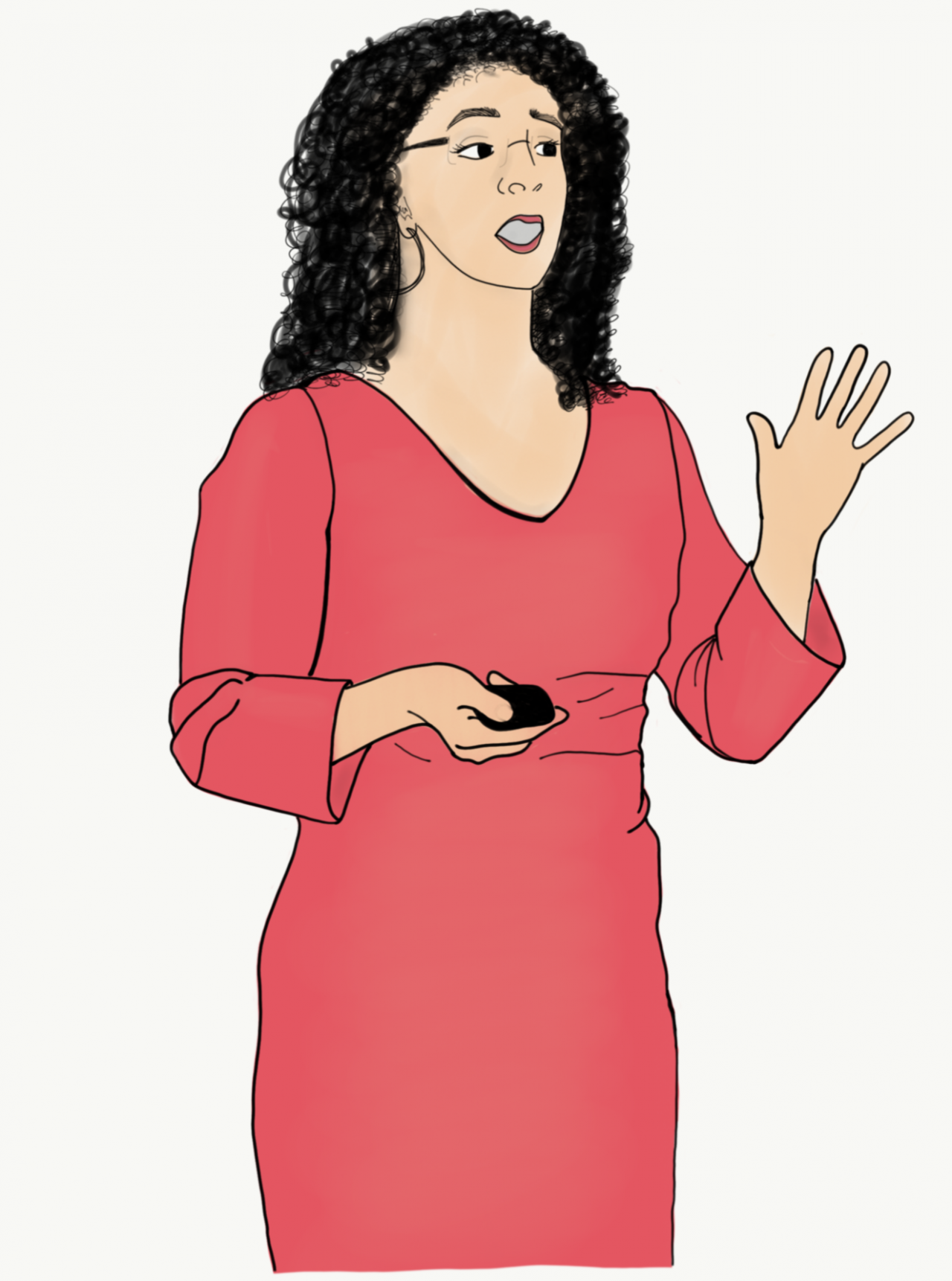On Nov. 29, Leta Hong Fincher, journalist and author of “Betraying Big Brother: The Feminist Awakening in China,” spoke to about 50 members of the Trinity community about her book, which describes reactions to feminism in China.
Gina Tam, assistant history professor, teaches a section of the First-Year Experience “Being Young in Asia” and suggested inviting Hong Fincher to Trinity after reading her book. Hong Fincher was one of the Common Learning Experience lecturers for Being Young in Asia.
“One of our big units in this class is political activism, and we talk a lot about political activism in Hong Kong, Taiwan, Korea and a bit in China. Given what I think Leta [Hong Fincher] captures very well — the rise of this feminist movement — that seems like an ideal topic to bring China into this discussion of political activism among youths in East Asia, so that was our drive for bringing her,” Tam said.
Hong Fincher uses the story of the “Feminist Five” to depict how budding feminism is perceived in China.
“I write about this new awareness of women’s rights among China’s young women, particularly educated young women, and I focus on these five young women who were jailed in 2015 who were planning to celebrate International Women’s Day by handing out anti-sexual assault stickers. These women became known as the ‘Feminist Five.’ I tell their stories, but I also tell the stories of other women in the feminist movement and detail how they’re persecuted,” Hong Fincher said at the lecture.
Hong Fincher contends that this reaction is based on China’s patriarchal authoritarianism.
“I argue that the communist party has long relied on the subjugation of women to control its population, and it sees the subjugation of women as the key to staying in power essentially,” Hong Fincher said.
Students from classes within the Chinese department also attended the lecture. Catherine Coe, a first-year who lived in China from 2008 to 2012, attended the lecture for extra credit for her Intermediate Chinese class. Coe believes the lecture brought attention to a movement many students may not be aware of.
“I thought it was really interesting when she talked about the five feminists who were jailed and how the government was trying to control the feminists but that actually sparked the entire movement. They can’t really squash the movement itself because it relates to so many women in China. It was cool to learn about how this might continue to progress and grow,” Coe said.
For Coe, learning about the experiences of Chinese women was eye-opening. Coe referred to Hong Fincher’s discussion about a United Nations survey of men in Asia and the Pacific in which half of the respondents admit to perpetuating physical or sexual assault against women.
“I thought it was really illuminating because I didn’t realize the situation in China to that degree. I was younger when I lived there, so I didn’t realize how much women experience sexual assault,” Coe said.
Hong Fincher believes that her work illuminates the strength of Chinese women in the opposition of their government.
“My book also mentions how I don’t think that what is happening in China is unique to China. I believe that feminism can be really harnessed to counterattack the rise of authoritarianism globally, and I write about that in the conclusion of my book. There are a lot of lessons that Americans can take from the stories of these young feminist activists in China because they’re fighting the world’s most powerful authoritarian regime, and there’s so much we can learn from them,” Hong Fincher said.







